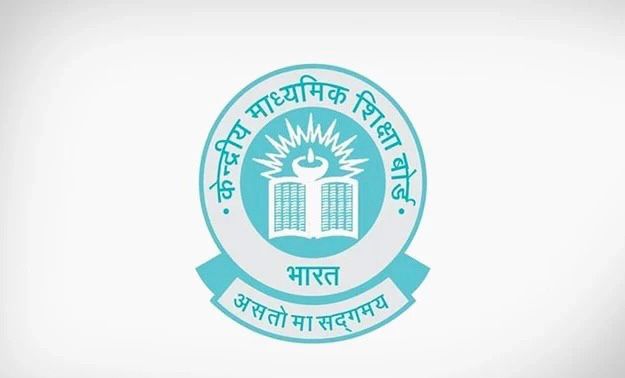Explain the main objectives of the Smart Cities Mission in India.
Ans.
The Smart Cities Mission in India was launched by the Government of India in 2015 with the aim of transforming Indian cities into smart, sustainable, and inclusive urban centers that enhance the quality of life for residents and promote economic growth. The main objectives of the Smart Cities Mission include:
-
Infrastructure Development: One of the primary objectives of the Smart Cities Mission is to improve urban infrastructure in Indian cities. This includes the development of robust transportation networks, efficient public transit systems, reliable water supply and sanitation facilities, solid waste management systems, affordable housing, and sustainable energy solutions. The mission aims to address the infrastructure deficit in urban areas and enhance the overall quality of urban living.
-
Technological Innovation: The Smart Cities Mission seeks to leverage technology and innovation to enhance the efficiency, effectiveness, and sustainability of urban services and infrastructure. This includes the adoption of digital technologies, smart sensors, Internet of Things (IoT) devices, data analytics, and information communication technology (ICT) solutions to improve urban governance, service delivery, and citizen engagement. The mission encourages the development of smart solutions for urban challenges, such as traffic management, waste recycling, energy conservation, and pollution control.
-
Sustainable Development: Another key objective of the Smart Cities Mission is to promote sustainable development practices in Indian cities. This involves integrating principles of environmental sustainability, resource efficiency, and resilience into urban planning, design, and management processes. The mission emphasizes the importance of eco-friendly infrastructure, green building practices, renewable energy deployment, green spaces, and biodiversity conservation to create livable and environmentally-friendly urban environments.
-
Inclusive Growth: The Smart Cities Mission aims to foster inclusive growth and social equity by ensuring that the benefits of urban development are accessible to all segments of society, including marginalized communities, women, children, elderly, and persons with disabilities. The mission encourages participatory planning processes, community engagement, and stakeholder consultation to ensure that urban development projects reflect the needs, priorities, and aspirations of local residents. It also promotes inclusive access to urban services, public spaces, and economic opportunities for all citizens.
-
Economic Development: The Smart Cities Mission seeks to promote economic growth, investment, and entrepreneurship in Indian cities by creating conducive business environments, attracting private sector investments, and supporting innovation-driven industries. The mission aims to enhance the competitiveness of Indian cities in the global economy by fostering innovation, knowledge-based industries, and creative industries that generate employment, wealth, and prosperity.


